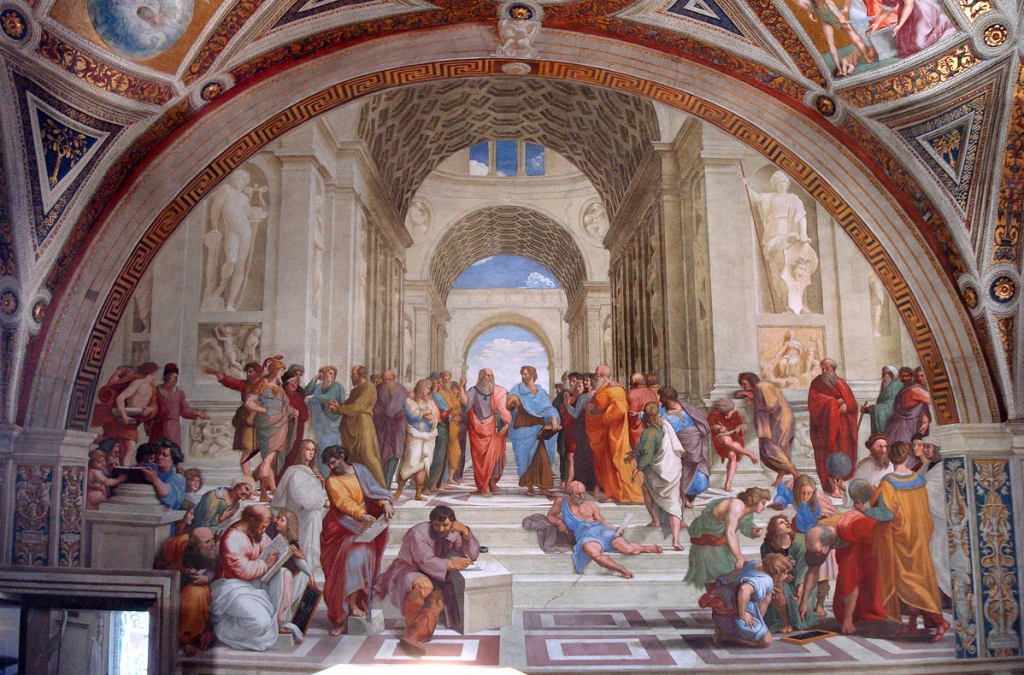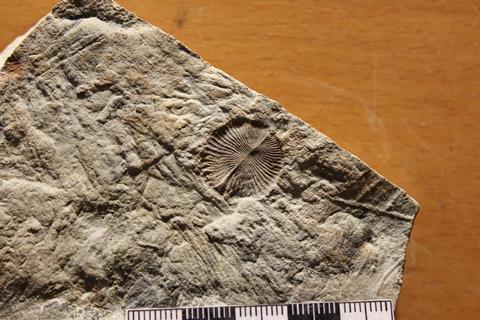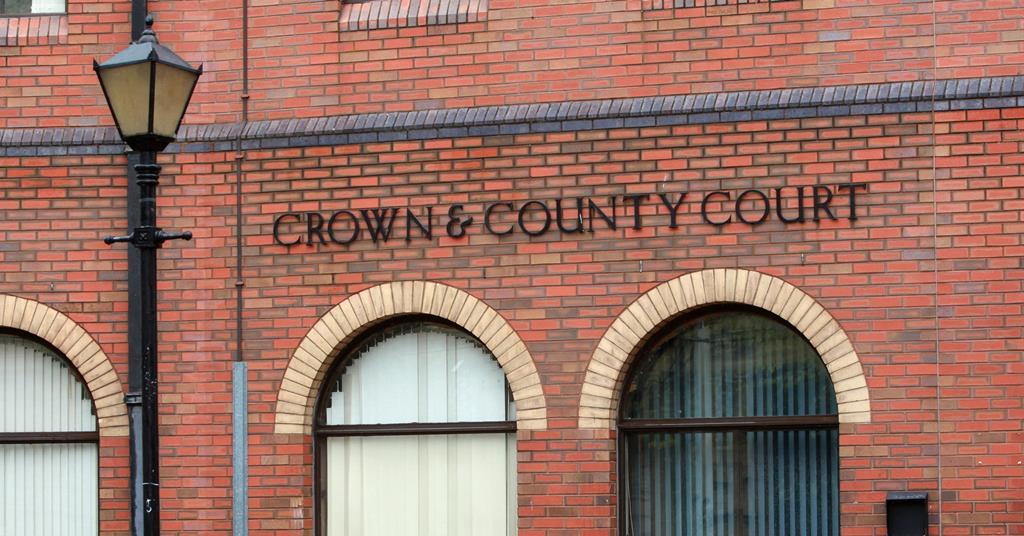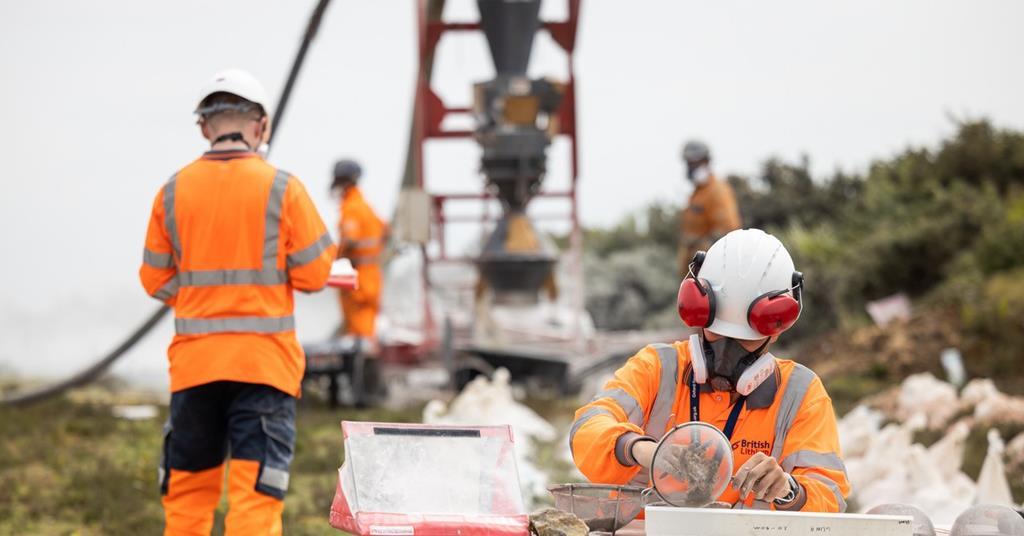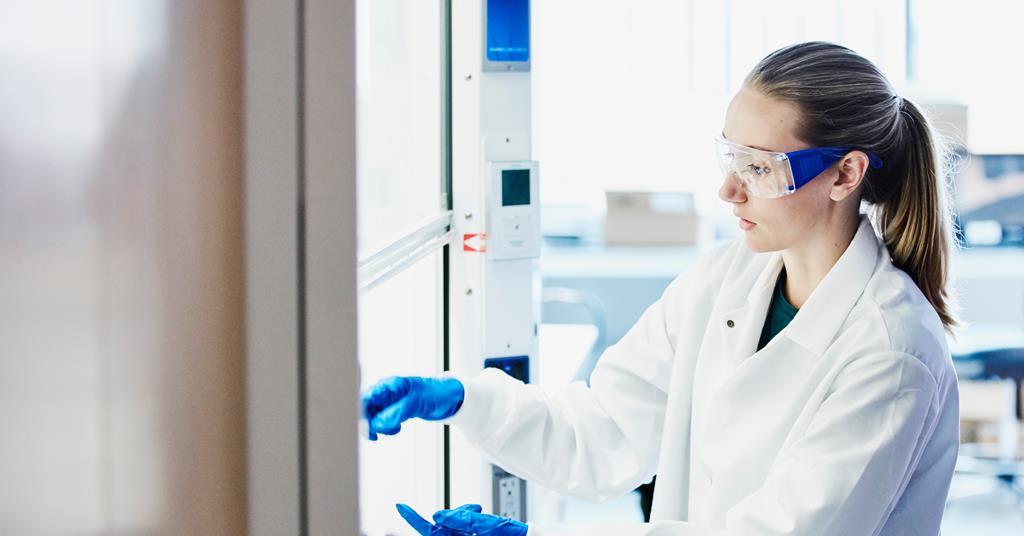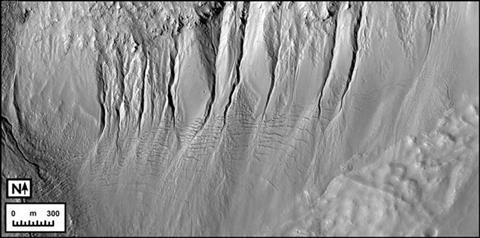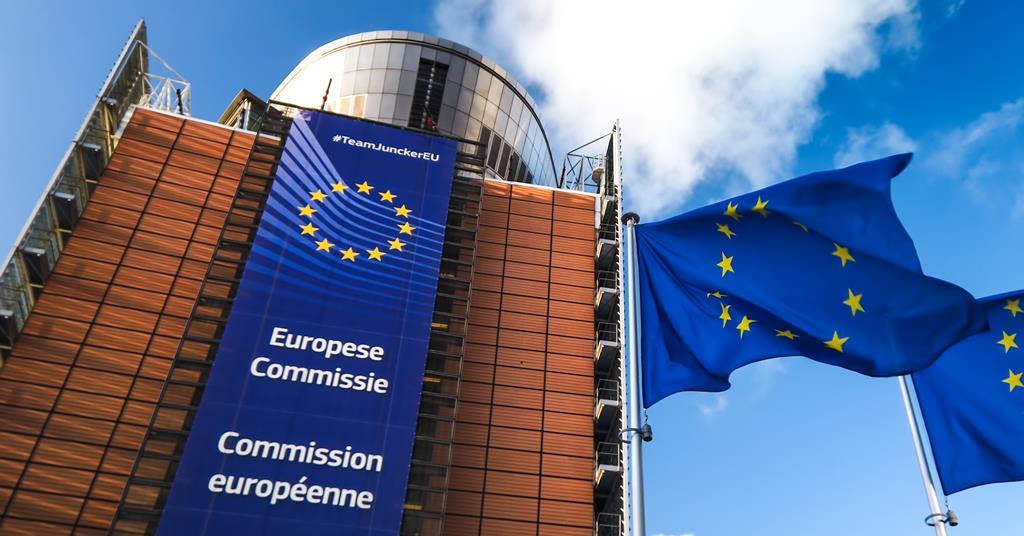In popular histories of science in Europe the history of physics is all too often presented roughly as follows, in antiquity there was Aristotle, whose writings also dominated the Middle Ages, until Galileo came along and dethroned him, following which Newton created modern physics. Occasionally Descarte and or Christiaan Huygens gets thrown into the mix […]
Read More